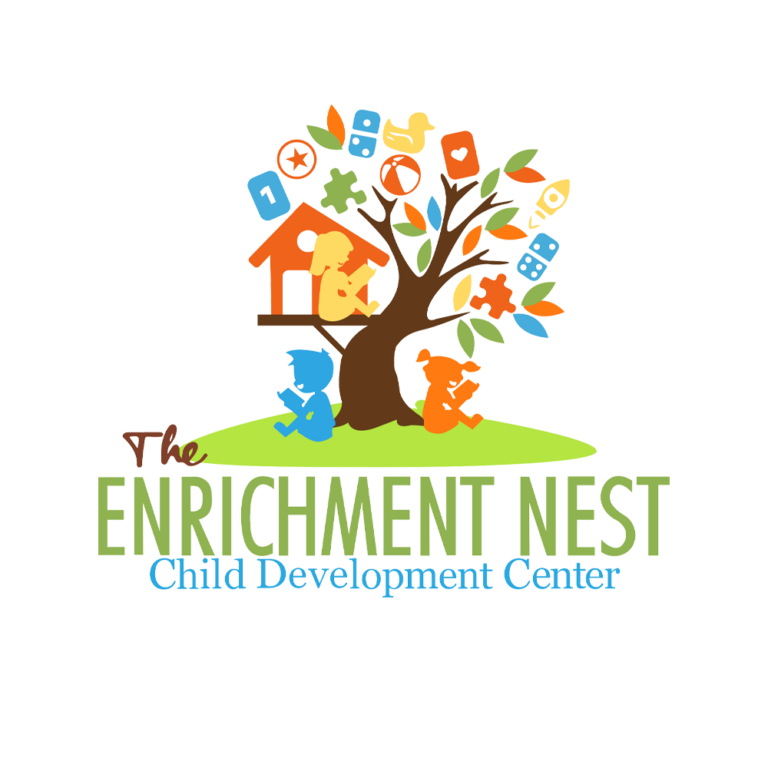Back again with the fifth in a series of blogs promoting techniques and strategies to use to teach your pre-schooler or above on how to read. As usual links will be provided to assist you in this endeavor and the links have been vetted for quality.
Building a strong vocabulary foundation in children is crucial for their cognitive development and future academic success. As a parent, you play a vital role in nurturing their language skills. Here are five effective strategies to help enrich your child’s vocabulary in a fun and engaging way:
- Read Aloud Daily:
Reading aloud to your child is one of the most powerful ways to expose them to new words and concepts. Choose a variety of age-appropriate books with colorful illustrations and engaging stories. Make it a daily routine to spend at least 15-20 minutes reading together. Pause occasionally to ask questions about the story or the pictures, and introduce new words in context. For example, while reading a book about animals, point to a picture of a lion and say, “Look, that’s a lion. Can you say ‘lion’?” - Use Descriptive Language:
Encourage your child to use descriptive language to express their thoughts and feelings. Instead of simply saying, “That’s a big dog,” encourage them to say, “That’s a gigantic dog!” or “Look at the fluffy white dog.” Model descriptive language yourself by narrating your daily activities using rich vocabulary. For instance, while cooking together, you could say, “We’re going to sauté these vegetables in a hot pan. ‘Sauté’ means to cook quickly in a little bit of oil.” - Play Word Games:
Incorporate word games into your daily routine to make learning vocabulary fun and interactive. Simple games like “I Spy” or “Simon Says” can help reinforce vocabulary words while encouraging observation and listening skills. You can also play rhyming games by coming up with words that rhyme with familiar objects or names. For example, if your child says, “Cat,” you could respond with, “That’s right! ‘Cat’ rhymes with ‘hat’ and ‘mat’.” - Explore the World Around You:
Take advantage of everyday experiences to introduce your child to new words and concepts. Whether you’re taking a walk in the park, visiting the grocery store, or cooking a meal together, there are endless opportunities to expand their vocabulary. Point out interesting objects, describe their characteristics, and encourage your child to ask questions. For example, while at the park, you could say, “Look at that tall tree! It’s called a ‘sequoia.’ Can you say ‘sequoia’?” - Foster Conversations:
Engage your child in meaningful conversations throughout the day to help them practice using their vocabulary in context. Ask open-ended questions that require more than just a yes or no answer. Encourage them to share their thoughts, feelings, and experiences using words they’ve learned. Be an active listener and respond with enthusiasm and encouragement. For instance, if your child tells you about a new toy they played with at daycare, you could say, “Wow, that sounds like so much fun! What color was the toy? Can you describe how it looked?”
Incorporating these strategies into your daily interactions with your child can help foster a love for language and lay the foundation for strong communication skills. Remember to be patient and supportive as your child learns and grows. With consistent practice and encouragement, you’ll soon see their vocabulary flourish. Follow this guideline to use as a measurement for improvement: At 3 months ( Cooing& Gurgling ); at 6 months ( Babbling ); at 12 months ( First words ); at 18 monhs ( knows 5 to 40 wods ); at 2 years ( knows 150-300 words, 2-3 word sentences ); at 4 years ( knows 2000 words, 5 plus word sentences ); at 5 years ( Identifiies letters, creates longer sentences ). Click on the following links for assistance with implementing the above strategies.
https://www.time4learning.com/homeschool-curriculum/vocabulary-development.html
https://bedrocklearning.org/literacy-blogs/21-fun-ways-to-improve-your-child-s-vocabulary/






